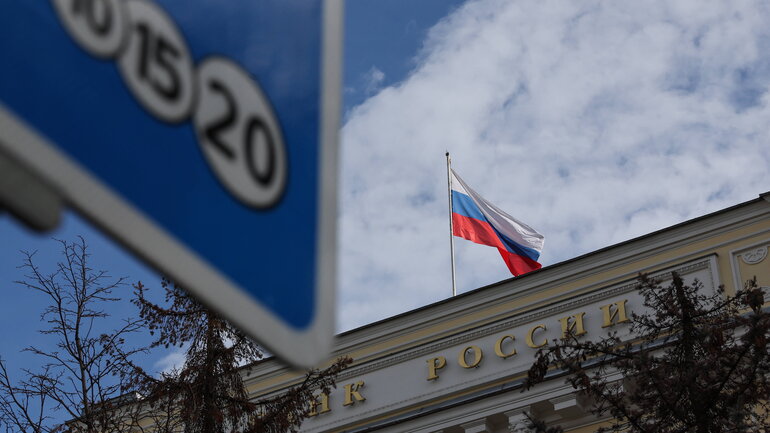Crisis Habit: Why Russia’s Economy Has Been So Resilient to Sanctions
Crisis Habit: Why Russia’s Economy Has Been So Resilient to Sanctions

Project description
After Russia invaded Ukraine, the Western coalition countries imposed severe sanctions on Russia. The country holds the world record in terms of the number of restrictions imposed on it: it is saddled with more sanctions than Iran, Cuba, and North Korea combined. At the same time, the Russian economy has proved quite resistant to shocks: in 2022, the country’s gross domestic product (GDP) shrank by only 2.1 per cent and Russia had a record trade surplus due to rising energy prices. However, to say that the economy’s stability is based solely on the ‘oil bonanza’ would be an understatement. What, then, is the reason?
For the last 15 years, the economy has been managed by the same team of technocrats, who have accumulated significant experience in crisis management. This way of governance is, moreover, a familiar and comfortable modus operandi for them. Yet while the habit of crisis management has proven effective in dealing with short-term turbulence, it may hinder the development of institutional mechanisms for managing the economy. This research project also highlights the impact it has had on businesses in Russia. Firms are compelled to maintain higher inventories, leading to additional costs. This stifles investment and prevents optimal allocation of resources within the economy.
Methodology
- Analysis of economic statistics
- Analysis of surveys
- Secondary analysis
Key questions
- How has Russia coped with crises and learned from its own mistakes and those of others?
- What are the factors that make the Russian economy resistant to sanctions?
- How do manual management practices hinder the development of institutions?
![[Translate to Englisch:]](/fileadmin/media/_processed_/7/6/csm_Prokopenko__ZOiS__bd372114ad.jpg
)